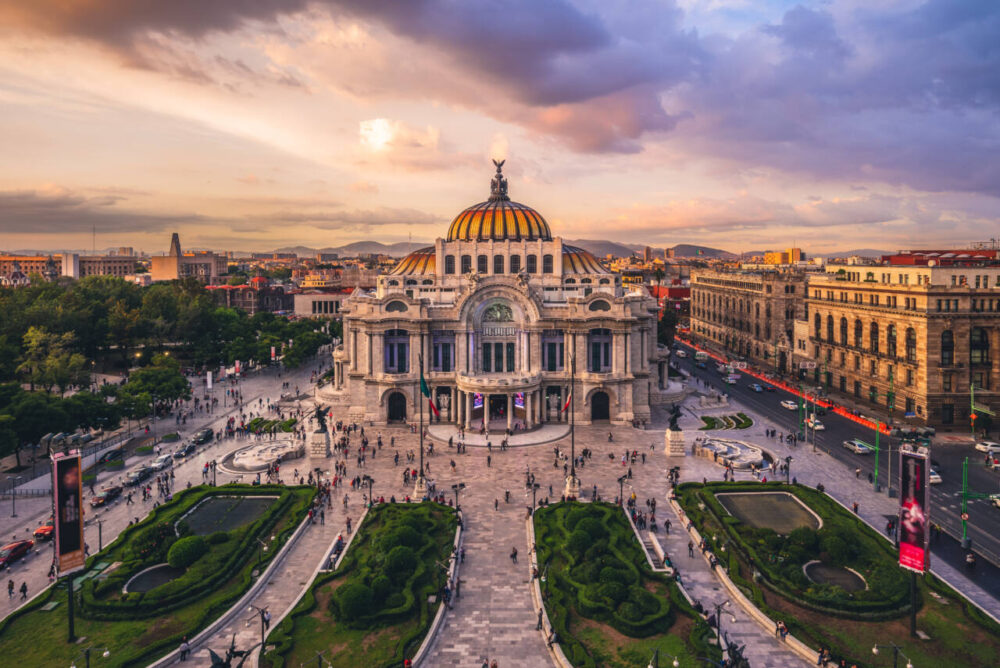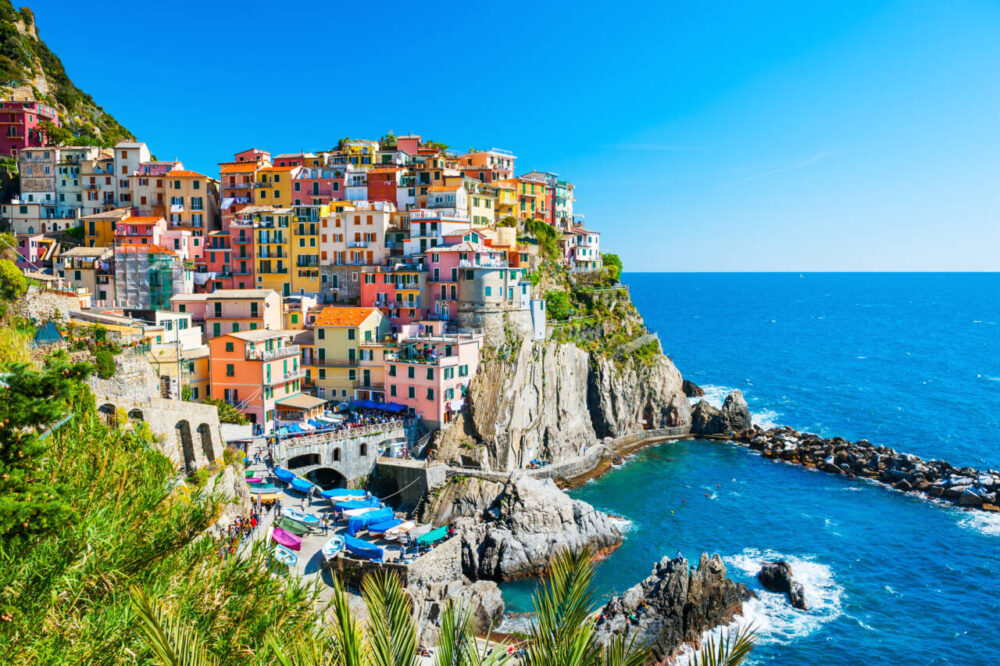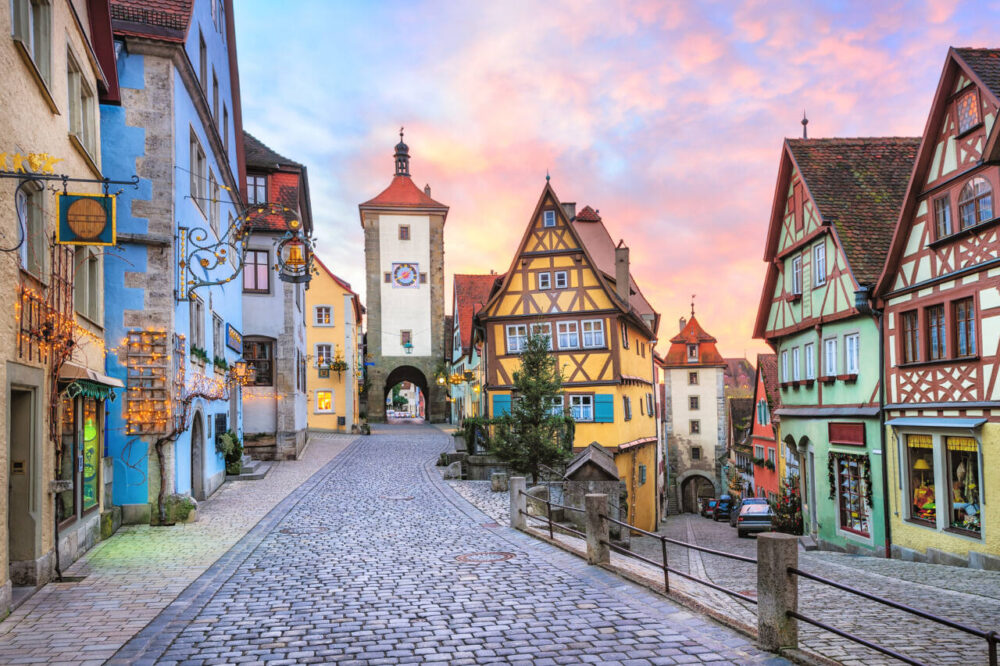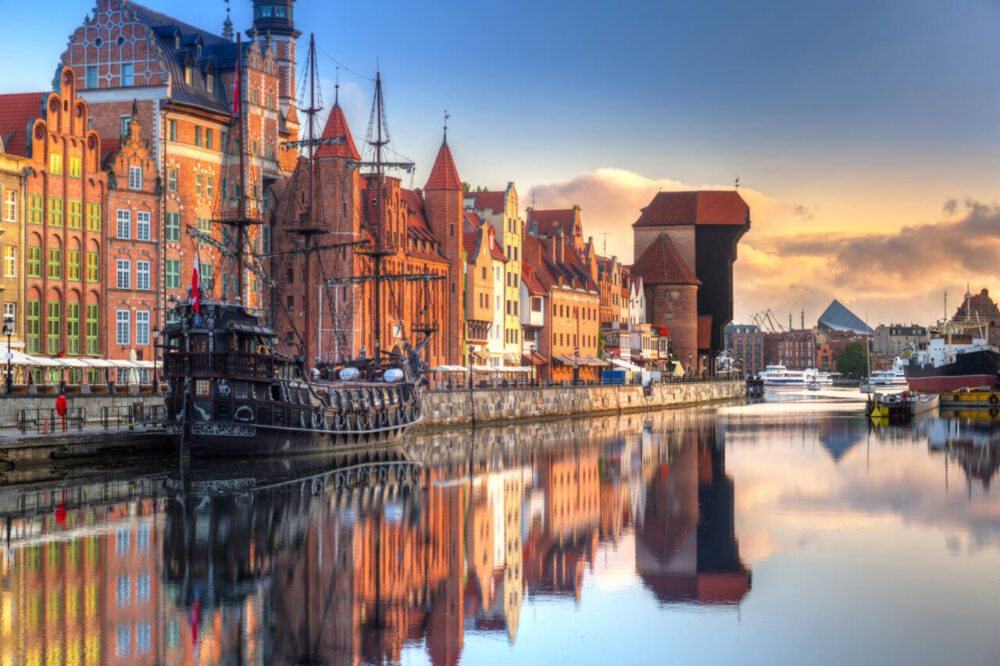If you’re an American with bloodlines from another country, you might qualify for dual citizenship.
A second passport — from the home country of your parents or grandparents — could enable you to settle down in their native land. Or, you could have a residence in both countries, coming and going as you please. You could visit relatives or take advantage of the healthcare or education subsidies that your country of ancestry might provide.
How do you go about securing a second passport through family descent? At the most basic level, this requires proof of a familial connection with a citizen. But some countries require that this citizen be a parent, while others are fine with a grandparent or great-grandparent.
Since each country has its own rules, you should start by contacting the country’s embassy to find out whether and how they recognize dual citizenship. Here are seven countries where the process is easiest.
MORE: Are passport wait times back to normal? There’s good news
Canada
Let’s start with our neighbor to the north since this immigrant-friendly country is one of the easiest places to obtain dual citizenship by ancestry.
Was one of your parents born or naturalized in Canada? Congratulations, you’re a Canadian citizen! To get your Canadian passport, you will simply need to obtain a Certificate of Citizenship. (To do so, you’ll need to produce certain documents, such as your parent’s provincial/territorial birth certificate.) This will allow you to live, work and/or go to school in Canada. You’ll also be eligible for publicly funded healthcare.
Once you’ve obtained your proof of citizenship, simply go about the standard process of obtaining a passport. You’ll have to do it by mail, since the government of Canada does not operate passport service offices in the U.S. Get the process started by visiting the Canadian passport services website.
Just keep in mind that one disadvantage of U.S.-Canadian dual citizenship is that you’ll have to file tax returns for both countries.

Mexico
It’s not uncommon for Americans of Mexican descent to consider resettling in their ancestral homeland. Some perks? A lower cost of living, cheaper healthcare and lovely, warm weather.
And if one of your parents is a Mexican citizen, it’s easy to get dual citizenship. Start by registering your birth with your local Mexican consulate in the U.S.
You will need to supply originals of the following documents: your birth certificate, a valid U.S. passport or other ID, your Mexican parents’ birth certificates or passports (or certificates of naturalization if that’s how they became citizens), and their marriage or death documents if applicable. You’ll pay a small fee, and two adult witnesses are required but they can be consulate employees. If your parents were not married at your birth, they may need to appear as well.
You can apply for your Mexican passport by bringing your passport application (along with the required documentation) to your local Mexican consulate.

Italy
There are over 15 million Italian Americans in the United States. If you’re one of them and spend a lot of time in Italy visiting relatives, you might want to consider obtaining dual citizenship. It can be a lengthy process, but Italy has one of the world’s most generous citizenship-by-descent programs. The citizen you are descended from doesn’t have to be a parent, either. They can be a grandparent or a great-grandparent.
Of course, you’ll have to prove the familial connection through a lot of documentation including birth certificates, marriage certificates and death certificates. Some people have found the best strategy is to hire an Italian-speaking lawyer who specializes in citizenship to help you dig up these documents. Or you can use a company like the Italian American Citizenship Assistance Program.
Why go through the trouble? Not only will you be able to live, work or study in Italy, but you’ll also gain easy access to the 27 countries in the European Union, of which Italy is a part.

Israel
As with the above-mentioned countries, you’re eligible for dual citizenship in Israel if one of your parents was born there. But there’s also a second category of eligible Americans.
Under Israel’s Law of Return, which was enacted to strengthen and build up Israel, the government welcomes people from other countries whose mothers or grandmothers were Jews. In other words, if you are ethnically Jewish, you are eligible for dual citizenship in Israel. You’re also eligible if you converted to Judaism.
Your spouse, kids and grandkids qualify, too. But to obtain an Israeli passport, you must offer documentary evidence of the Jewish origin of your mother or grandmother through birth, marriage or death certificates, among other documents. Fulfilling all of the citizenship requirements takes about six months, but you won’t receive your passport until the first anniversary of your Israeli citizenship.
There are some significant downsides of obtaining dual U.S. and Israeli citizenship: Your marriage prospects are limited, as you are not allowed to wed citizens from “enemy” states. All Israeli citizens over 18 are subject to mandatory military service — and that will now include you.

Ireland
If you have at least one parent or grandparent who was born in Ireland, you can apply for dual citizenship.
Start by registering your birth with Ireland’s Foreign Birth Registration, a process you can do online which requires quite a bit of documentation. This includes an original civil birth certificate, a certified photocopy of current state-issued identification (such as a passport or driver’s license), two original proofs of address, photo documentation, your Irish relative’s original civil birth certificate and a current state-issued ID or death certificate if they are deceased.
This process with the Foreign Birth Registration can take up to a year and a half. Once you’re registered, you can apply for dual citizenship and then apply for an Irish passport at an Irish consulate or through the Passport Online Service.
The good news? An Irish passport grants you freedom of movement throughout the E.U. and the ability to live and work in all of the United Kingdom as well.
MORE: Why don’t some Americans gain weight on indulgent European vacations?

Germany
In the past, Germany had relatively strict laws on dual citizenship by ancestry, but those laws have loosened up over the last few years.
If you were born after 1975, you’re eligible to apply as long as one of your parents was a legal German citizen. But if you were born before 1975, you’re eligible only if your father was a legal German citizen. That said, there are also some other, more nuanced ways you may be eligible through your German ancestry — you can fill out an online questionnaire to see if you qualify.
To apply for German citizenship by descent, go to your local German consulate or apply online with the German Federal Office of Administration. Download the form package and the document checklist, and collect the necessary documents. They include a passport, an ID card, documents proving parentage (e.g., birth certificates, marriage certificates, etc.), a certificate of good conduct from the U.S. and proof of impunity (no arrest record), among others.
Once you submit your application, it can take up to three years to receive your certificate of German citizenship. You can apply for a German passport at your German consulate. Once you’ve received your passport, you will enjoy all the perks of being a citizen of an E.U. country, with free range of movement and no need for a visa to live elsewhere in Europe.

Poland
If you have a parent, grandparent or great-grandparent from Poland, you might qualify for dual citizenship. This family member must have been born in Poland (or one of the former territories) and lived there after 1920. Having this Polish ancestry means that technically speaking, you are already a Polish citizen.
But there are some caveats, so your best bet is to take this online quiz to see if you are really eligible. If you believe you qualify, you’ll need to have that citizenship confirmed.
It can be a long and complicated process, but there are groups like Nomad Capitalist who can help navigate the paperwork and legal regulations. And it’s certainly worth it in the end. Having a Polish passport is the equivalent of having a passport to any EU country, which means you can reside and work anywhere in the European Union.

MORE: 11 mistakes people make when traveling to Europe
Dual citizenship: 7 countries that offer a passport based on ancestry originally appeared on Simplemost.com


